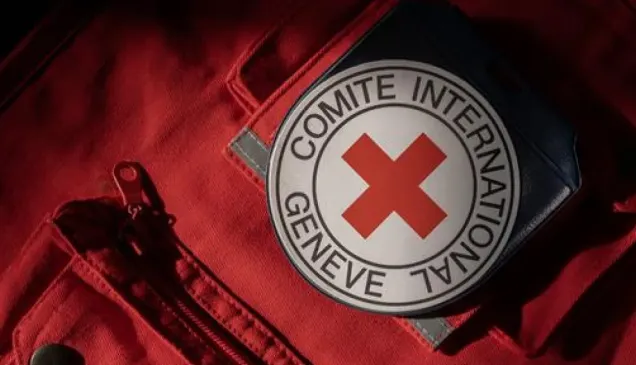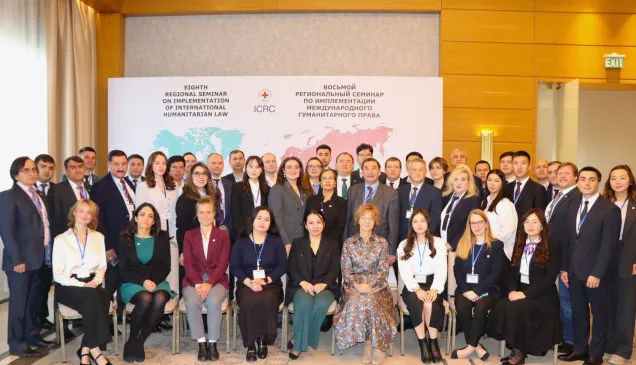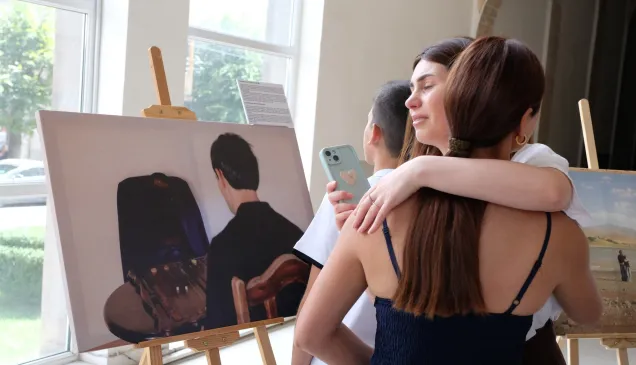Now that her parents have died, leaving her alone, this woman speaks of her missing brother with more despair than ever.
Nagorno-Karabakh: Families of missing persons have the right to know
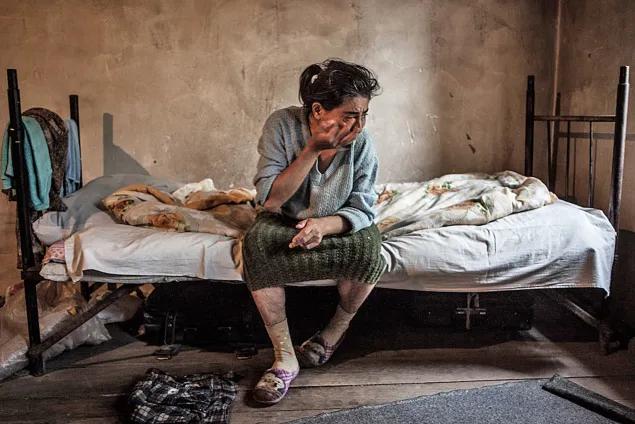
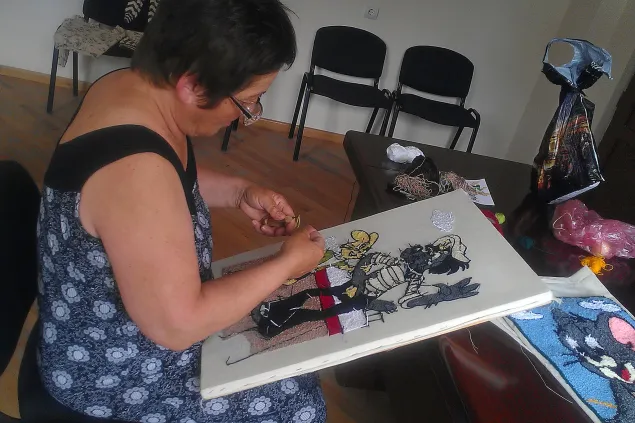
A relative of a missing person learns to weave at a workshop supported by the ICRC.
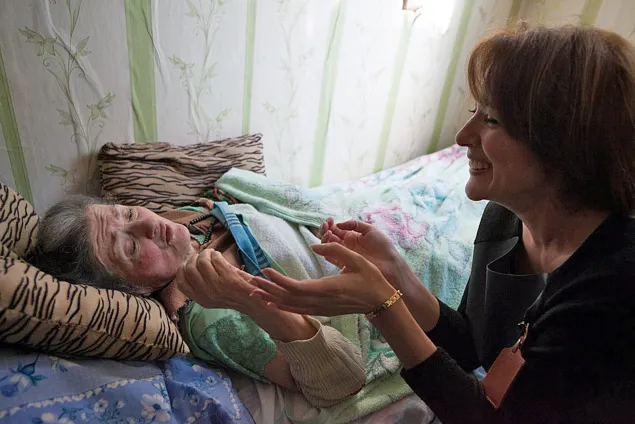
A psychologist from an NGO working with the ICRC visits the bedridden mother of a missing person.
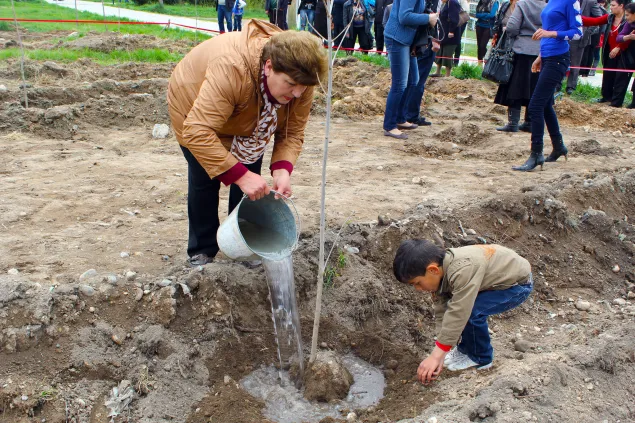
The wife of a missing person and her grandson water a tree planted in memory of their missing husband and great-grandfather.
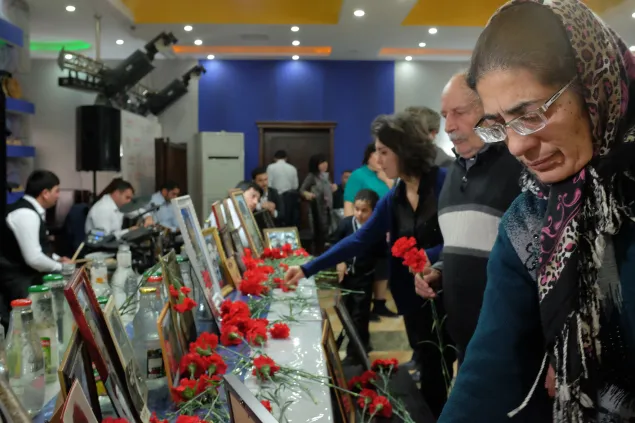
Missing families gather to commemorate their loved ones.
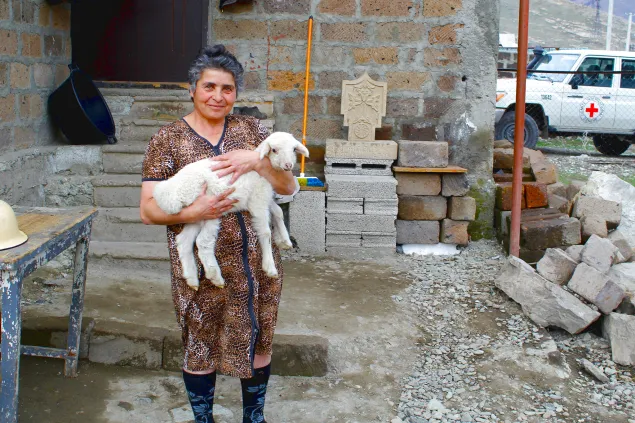
Many of the missing persons were young men when they disappeared, and were the breadwinners for their families. The ICRC is supporting families with economic difficulties.
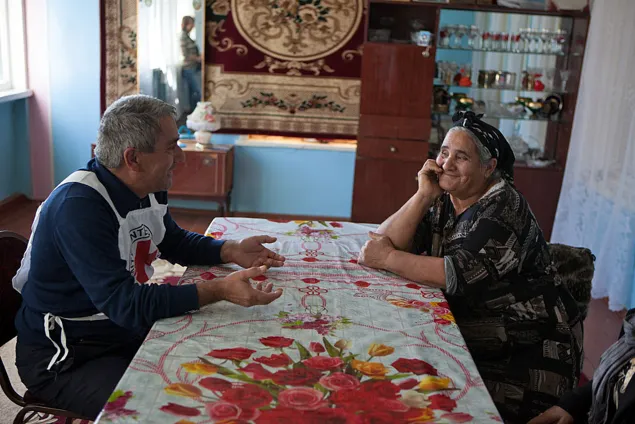
The ICRC visits the families of missing persons to find out what they need, in both social and psychological terms.
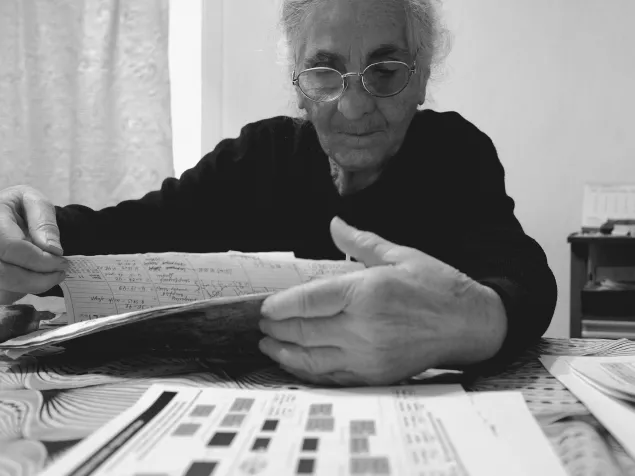
The mother of two missing persons provides information about family members who could give biological samples to help in future identification.
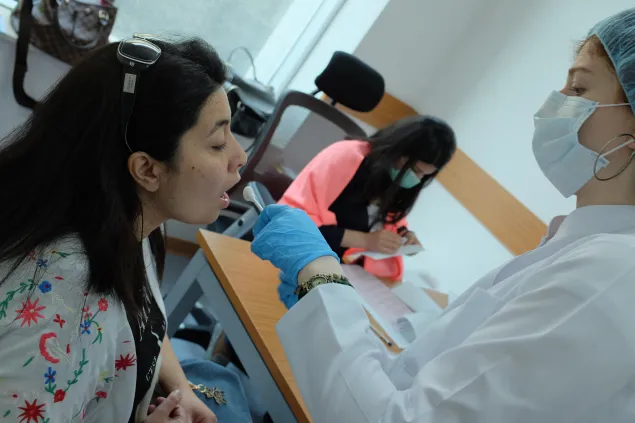
The ICRC and the authorities jointly collect biological samples from the families of missing persons, ensuring that the data is preserved for future identifications.
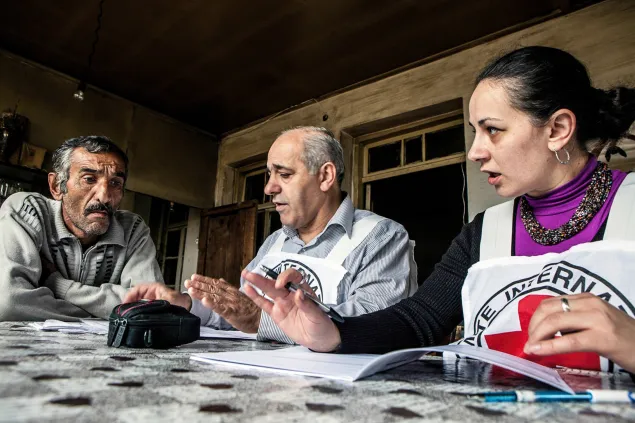
After a family submits a request to trace a missing relative, the ICRC visits them to collect detailed information about the person. Information includes the physical characteristics of the missing person, the circumstances of their disappearance, the people who last saw them, etc.
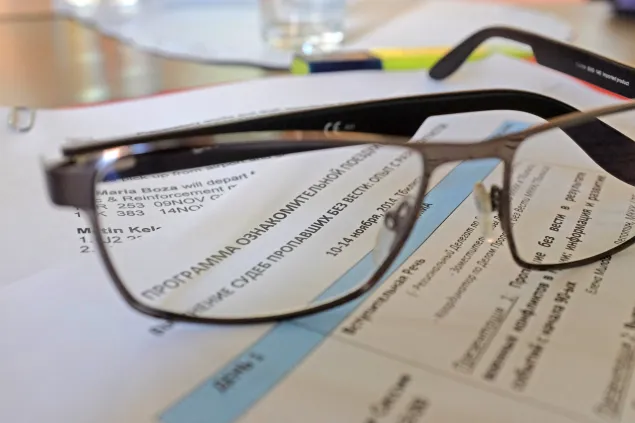
The ICRC maintains a close working relationship with the state commissions for missing persons, offering its services as a neutral intermediary to exchange information and clarify the fate of those unaccounted for since the conflict.
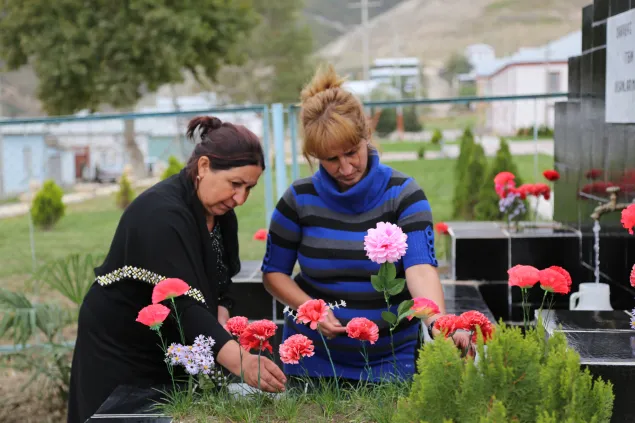
The wife and sister of people missing since the conflict decorate a spring built in memory of missing persons.
More than 20 years after the signing of the 1994 ceasefire agreement regarding the Nagorno-Karabakh conflict, the humanitarian consequences are still felt every day. Approximately 4,500 Azerbaijanis and Armenians are unaccounted for as a result of this armed conflict.. The families suffer, emotionally and economically. They still do not know what happened to their missing loved ones and continue to live between hope and despair.
The ICRC is working with the authorities to clarify the fate of missing people and help them fulfill their legal obligation to provide the families with information.
The initial step was to gather data about each registered missing person from their family. This data is being processed by the Commissions on Prisoners of War, Hostages and Missing Persons. In parallel, biological samples are being collected from family members in the hope that they might help to identify remains found during any future exhumations.
We recently submitted its list of everyone unaccounted for in relation to the Nagorno-Karabakh conflict to the parties, asking them to do all they can to clarify their fate.

